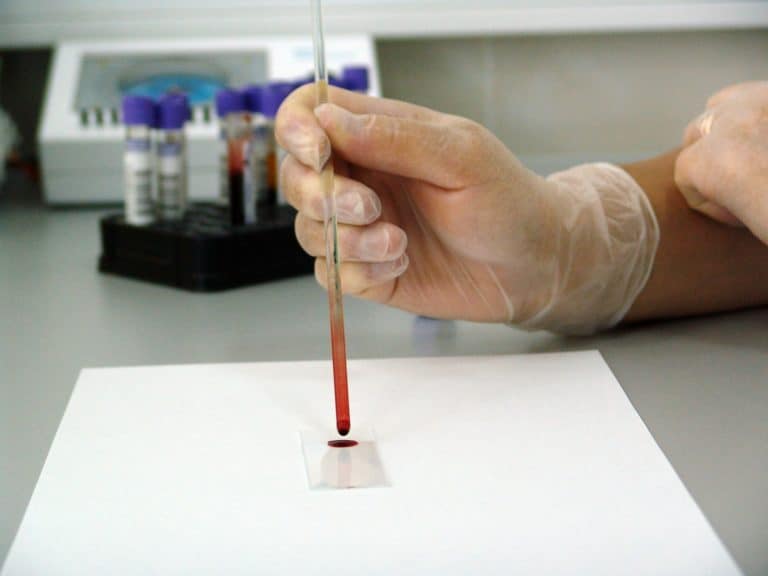When men get a diagnosis of prostate cancer, choosing a treatment course is a challenging task, and one that should include gathering all the information they can about treatment options from research, healthcare providers, and other sources. One important piece of information to talk about is prostate cancer treatment side effects such as urinary symptoms and sexual dysfunction which, according to a new study, can persist up to 10 years after diagnosis.
Each prostate cancer treatment is associated with its own set of side effects, although there are similarities among them. The side effects of hormone therapy, for example, include a significant impact on libido and erectile dysfunction since the treatment is designed to severely reduce male hormone levels. Chemotherapy for prostate cancer also may cause erectile dysfunction, as well as fatigue, vomiting, and urinary symptoms, while radiation therapy can cause persistent urinary symptoms, erectile dysfunction, and bowel problems.
A new study from Georgetown University investigators evaluated the long-term functioning among men with prostate cancer compared with cancer-free controls and looked at the impact of cancer treatment on their lives. The researchers analyzed 529 prostate cancer survivors from the Prostate, Lung, Colorectal, and Ovarian Cancer Screening Trial and 514 controls.
Overall, the researchers found the following:
- Prostate cancer survivors had poorer sexual and urinary tract function than controls
- Men treated with radiation (110) had better sexual function and urinary function but worse bowel function than did men who underwent radical prostatectomy (201)
- Men who received combination treatment, including hormone therapy (207) had significantly worse hormone-related side effects compared with men who had a radical prostatectomy
- Up to 10 years after treatment, more than 95% of men had erectile dysfunction or other sexual dysfunction and about 50% had urinary tract symptoms
The authors pointed out that this study is believed to be the first to compare prostate-related dysfunction among men with prostate cancer versus cancer-free controls and showed that persistent sexual and urinary symptoms are associated with prostate cancer treatment and not with aging or other health problems. Men who are choosing a prostate cancer treatment should consult their healthcare providers and take these study findings into consideration.
Read more in our Prostate Cancer Health Center.
Reference
Taylor KL et al. Long-term disease–specific functioning among prostate cancer survivors and noncancer controls in the prostate, lung, colorectal, and ovarian cancer screening trial. Journal of Clinical Oncology 2012 Aug 1; 30(22): 2768-75






